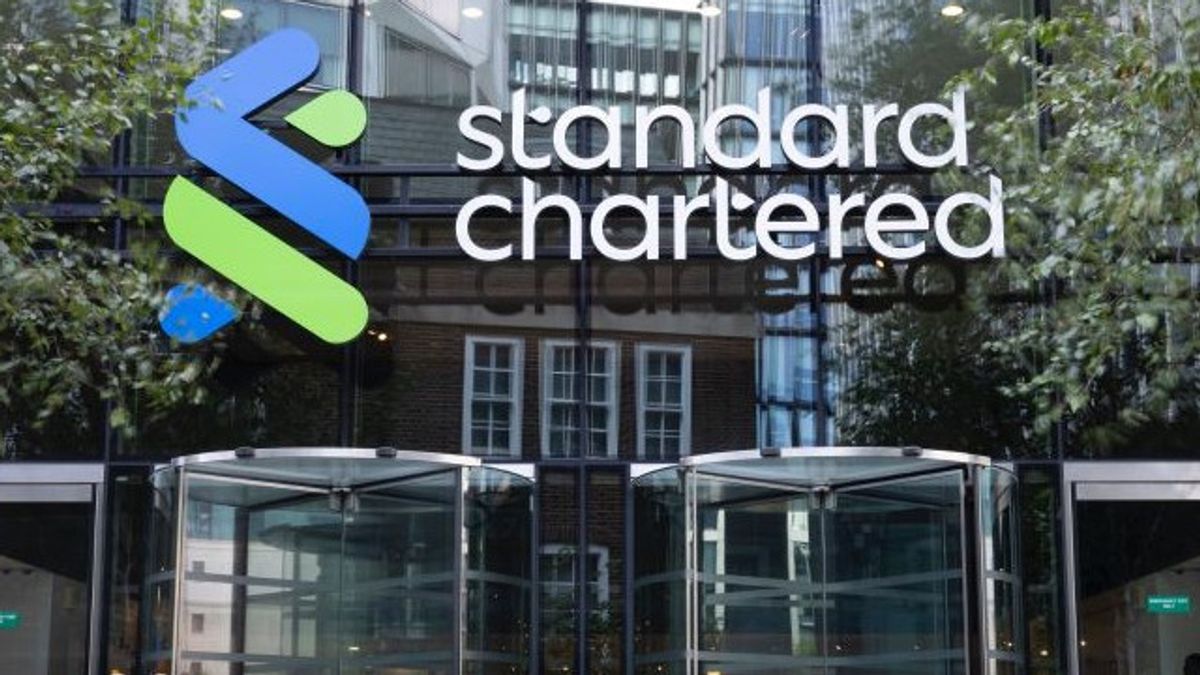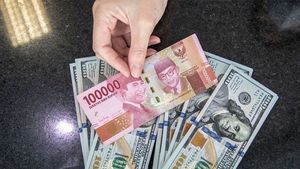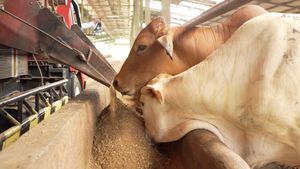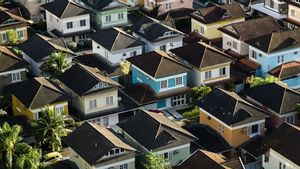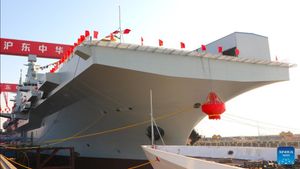JAKARTA - Standard Chartered projects that the national Gross Domestic Product (GDP) will grow stable in the second half of this year, with GDP growth at the end of 2024 estimated at 5.1 percent.
Senior Economist Standard Chartered Indonesia Aldian Taloputra said in his statement, Monday, July 29, that strong fiscal expansion, election-related spending, and investment are likely to maintain GDP growth above 5 percent this year.
"House consumption grew by 4.9 percent year-on-year in the first quarter," he said, quoted by Antara.
Even so, his party noted that this figure was still below the average achievement in the pre-COVID-19 era, which was 5 percent.
"However, we see that the momentum will decrease slightly in the second half of this year due to the rebound in consumer purchasing power and the fading impact of election spending," said Aldian.
He argues that the slow pace of job creation in the formal sector can further reduce consumption increases in the second half.
He also suggested an expansion of the industry that can provide added value and create jobs in the formal sector, as well as a decrease in food inflation to increase consumer purchasing power, especially for low to medium income households.
In addition, his party estimates that core inflation will rise again above 2 percent in the second half, driven by rupiah depreciation which is likely to result in an increase in import prices such as fuel, food, and raw materials.
However, if subsidized fuel prices are maintained and food supplies can be maintained, then these efforts can limit the influence of domestic prices on inflation rates.
Not only inflation, Aldian said that the recent fiscal and pressure concerns against the rupiah are likely to delay the start of the Bank Indonesia interest rate reduction cycle until the fourth quarter of 2024.
SEE ALSO:
His party also projects that Bank Indonesia will only lower interest rates by 25 basis points (bps) in the second half of 2024, then followed by a gradual monetary easing cycle in 2025 and 2026.
Meanwhile, regarding investment, he stated that the mineral processing sector with high capital intensity is currently still the main target of foreign investment.
"External demand can be maintained amid improving metal exports and the strong demand for Indonesia's main commodities, including coal, palm oil, as well as oil and gas," added Aldian.
The English, Chinese, Japanese, Arabic, and French versions are automatically generated by the AI. So there may still be inaccuracies in translating, please always see Indonesian as our main language. (system supported by DigitalSiber.id)
